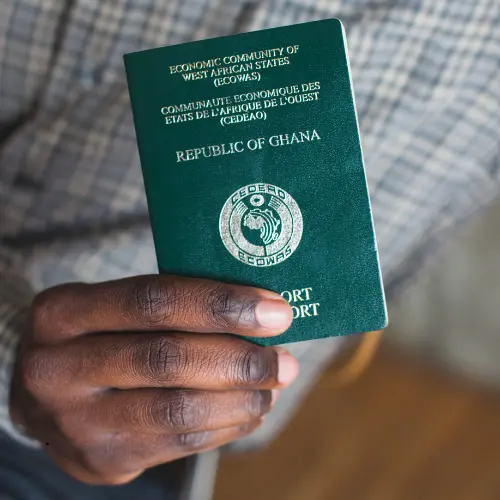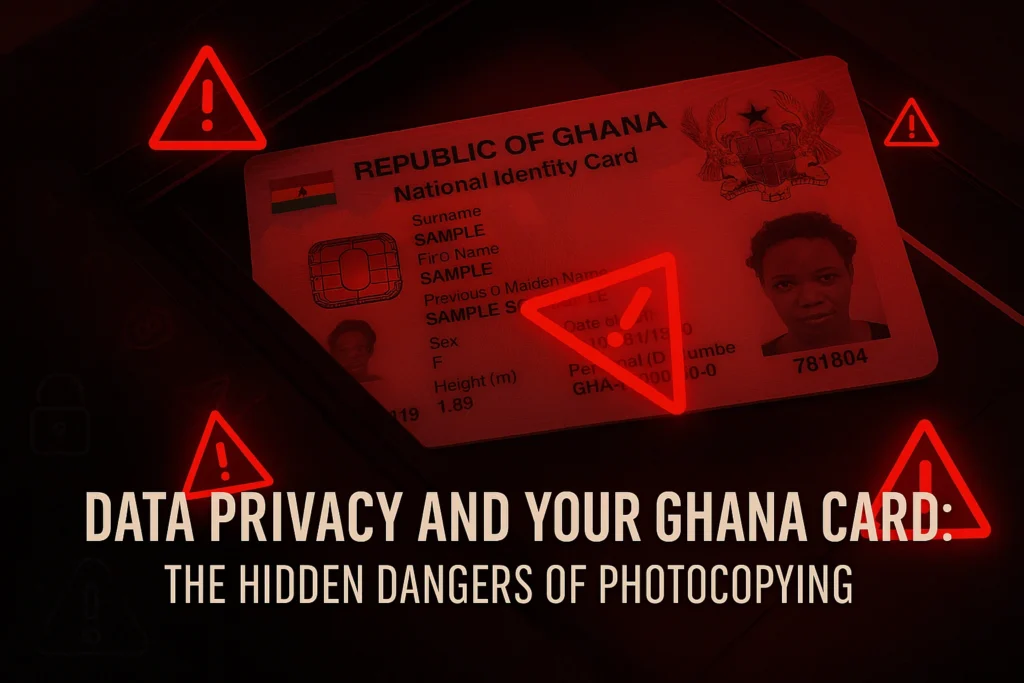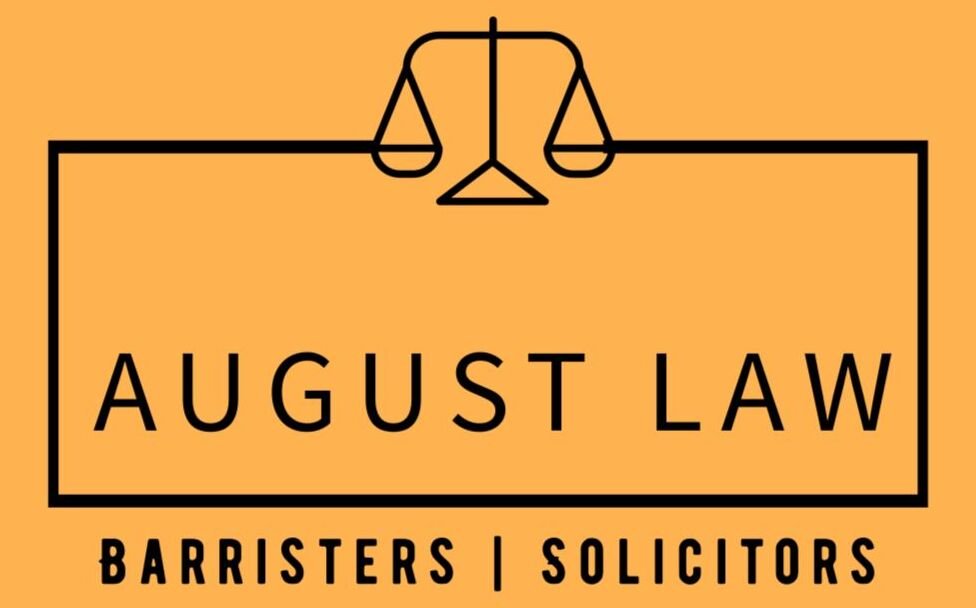Our Blog
Sharing brief insights on topical legal matters.

ESTATE PLANNING MAY SAVE YOU MORE THAN MONEY
Estate planning in Ghana is governed by a blend of statutory law, customary law, and, in some cases, religious principles. Key legislation includes the Wills Act, 1971 (Act 360), the Intestate Succession Law, 1985 (PNDCL 111), and the Administration of Estates Act, 1961 (Act 63).
Many, in Ghana and elsewhere, appear to underestimate the importance of estate planning during their lifetime. However, it is a critical step to ensure your affairs are in order before the inevitable occurs. Whether you are wealthy or have limited assets, an estate plan can provide peace of mind and safeguard your family’s future.

WHY DEAD BODIES BELONG TO THE FAMILY OF THE DECEASED IN GHANA
Legally, including in the Ghanaian customary law, it is well established that a spouse has no legal right or claim over their deceased spouse’s body. Instead, the courts have long held that the corpse belongs to the extended family of the deceased. As such, it is the prerogative of the extended family to decide when, how, and where the deceased will be laid in state and buried. This principle was affirmed in the landmark case of Neequaye v Ashaley Okoe (1993-1994) GLR 538.
Traditionally, the dead body belongs to the family of the deceased in Ghana due to deeply rooted cultural, spiritual, and social beliefs. Below are some key reasons explaining this practice:

PATHWAYS TO ACQUIRING GHANAIAN CITIZENSHIP
Foreign nationals can acquire Ghanaian citizenship through various pathways as outlined in the Ghana Citizenship Act, 2000 (Act 591) and the 1992 Constitution. The process depends on factors such as residency, marriage and descent. Below is a detailed breakdown of the legal routes to citizenship.
1. Citizenship by Naturalization
A foreign national resident in Ghana may apply to become a Ghanaian citizen by naturalization. According to the Citizenship Act 2000 (Act 591), an individual becomes a citizen of Ghana by naturalization where such a person applies to the Minister of Interior and their application is subsequently approved by the President of Ghana.

DOES SIZE REALLY MATTER IN YOUR CHOICE OF A LAW FIRM?
When facing a legal issue, one of the most critical decisions you will have to make is selecting the right law firm to represent you. In Ghana, law firms vary significantly in size—from sole practitioners to relatively large firms with 30 or more lawyers.
It is important to note that the classification of a ‘large’ firm differs considerably between smaller African jurisdictions like Ghana and more developed legal markets such as Europe and North America. While in Ghana a firm with more than 30 lawyers may be considered large, the thresholds in Europe and North America are much higher due to the scale of legal markets and global operations.

HOW TO PREPARE FOR CROSS-EXAMINATION
A Step-by-Step Guide to Preparing for Cross-Examination
Cross-examination can be an intimidating part of the legal process. However, thorough preparation can help you remain composed and confident while providing testimony. Here is a comprehensive guide to equip you for the courtroom:
1. Understand the Opponent’s Objectives
During cross-examination, the opposing party or cross-examiners seek to:
- Undermine credibility: They may attempt to cast doubt on your reliability and truthfulness.
- Expose inconsistencies: They may highlight contradictions in order to create doubt about your testimony.
- Portray bias: They may suggest that your testimony is influenced by personal bias.
- Extract concessions: They may force you to admit facts that may weaken your case.

MITIGATING RISKS THROUGH DUE DILIGENCE PRIOR TO AN ACQUISITION IN GHANA
Acquiring a company can be a transformative move for any business, offering opportunities for growth, diversification, and increased market share. However, the process comes with inherent risks that, if not managed effectively, can lead to significant financial losses and operational challenges. One of the most effective ways to mitigate these risks is through thorough due diligence prior to and during the acquisition process.
Understanding Due Diligence
Due diligence in this context, is the process of investigating and evaluating a target company before finalizing the acquisition.

DATA PRIVACY AND YOUR GHANA CARD: THE HIDDEN DANGERS OF PHOTOCOPYING
The ECOWAS Identity Card, widely referred to as the Ghana Card, is a pivotal instrument for streamlining identity verification in order to advance and ensure economic, political and social activities within Ghana.
First referenced under Section 2(1) of the National Identification Authority Act, 2006 (Act 707), which mandates the National Identification Authority (NIA) to create these national identity cards, this biometric smart card stores unique personal information, including one’s name, date of birth, sex, place and country of birth, fingerprints, facial recognition, residential and postal address, as well as a unique ID number, among others.

PROTECTING THE FAMILY WEALTH (PART I): IS A FAMILY OFFICE ESSENTIAL FOR LEGACY PLANNING IN GHANA?
What is a Family Office?
A family office is a private wealth management advisory firm that serves ultra-high-net-worth individuals (UHNWIs) or families. This is akin to the in-house, outsourced, or hybrid “personal CHIEF Financial Officer (CFO)” for a family with substantial wealth.
In other words, a family office is the ultimate tool for consolidating, preserving, and growing multi-generational wealth. It is a holistic solution that manages not just the money, but the entire ecosystem surrounding an ultra-wealthy family’s financial and personal life.

PROTECTING THE FAMILY WEALTH (PART II): HOW TO ACHIEVE THE STRUCTURAL REALITY OF A FAMILY OFFICE IN GHANA
Most Ghanaian families do not need a full-scale Single-Family Office (SFO). Instead, they can achieve the essential protection through more pragmatic structures. Here’s a hierarchy of options, from least to most formal:
- The Bare Minimum – Foundational Steps
This is the absolute baseline for wealth protection and can be deemed essential for most families. Here are some useful recommendations:
Create a Robust Succession Plan:Work with a skilled lawyer to draft a clear succession plan to be implemented in the lifetime of the founder, as well as a legally unambiguous will or deeds of gift, whichever is preferable. For business assets, consider trusts and well-defined shareholding structures.

BEYOND THE FOUNDER: WHY EVERY CHURCH NEEDS A SUCCESSION PLAN
Many Charismatic churches in Ghana and by extent Africa, that are not subject to a parent institution, are heavily built around a single founder’s vision and leadership. While it may seem justified since the founder is expected to have received God’s call directly, the lack of clear succession plans and legal structures leaves the ministry vulnerable to future legal disputes after the founder retires or passes away.
This piece, presented in three parts, outlines how founders can work towards a succession plan to guarantee the continuity of the vision in their absence. The first part focuses on the key mindset shifts to prepare for continuity, while the second outlines practical legal steps to build structures that ensure continuity, stability, and integrity for generations to come. The final part makes a special consideration of the founder’s family, discussing two practical steps for protecting their interests in line with responsible stewardship and sound governance.

PROTECTING THE FAMILY WEALTH (PART I): IS A FAMILY OFFICE ESSENTIAL FOR LEGACY PLANNING IN GHANA?
What is a Family Office?
A family office is a private wealth management advisory firm that serves ultra-high-net-worth individuals (UHNWIs) or families. This is akin to the in-house, outsourced, or hybrid “personal CHIEF Financial Officer (CFO)” for a family with substantial wealth.
In other words, a family office is the ultimate tool for consolidating, preserving, and growing multi-generational wealth. It is a holistic solution that manages not just the money, but the entire ecosystem surrounding an ultra-wealthy family’s financial and personal life.

PROTECTING THE FAMILY WEALTH (PART II): HOW TO ACHIEVE THE STRUCTURAL REALITY OF A FAMILY OFFICE IN GHANA
Most Ghanaian families do not need a full-scale Single-Family Office (SFO). Instead, they can achieve the essential protection through more pragmatic structures. Here’s a hierarchy of options, from least to most formal:
- The Bare Minimum – Foundational Steps
This is the absolute baseline for wealth protection and can be deemed essential for most families. Here are some useful recommendations:
Create a Robust Succession Plan:Work with a skilled lawyer to draft a clear succession plan to be implemented in the lifetime of the founder, as well as a legally unambiguous will or deeds of gift, whichever is preferable. For business assets, consider trusts and well-defined shareholding structures.
Got Legal Needs?
Tell Us About Them!
Contact us today and receive a free case evaluation from one of our experienced attorneys.

